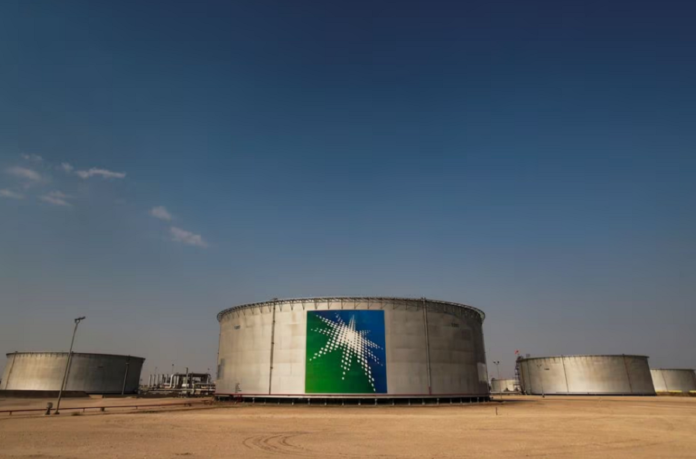Oil prices inched up on Thursday, clawing back some of the previous session’s big losses after an OPEC+ panel maintained oil output cuts to keep supply tight, though an uncertain demand outlook capped gains, according to Reuters.
Brent crude oil futures rose 55 cents to $86.36 a barrel at 0640 GMT, while U.S. West Texas Intermediate crude climbed 55 cents to $84.77.
Oil settled down more than $5 on Wednesday as a bleaker macroeconomic outlook and fuel demand destruction came into focus following a meeting of an OPEC+ panel, grouping the Organization of the Petroleum Exporting Countries and allies led by Russia.
The OPEC+ ministerial panel made no changes to the group’s oil output policy, and Saudi Arabia said it would continue with a voluntary cut of 1 million barrels per day (bpd) until the end of 2023, while Russia would keep a 300,000 bpd voluntary export curb until the end of December.
“We continue to see the market in deficit through the fourth quarter and the softer prices reduce the probability OPEC will ease supply constraints,” National Australia Bank analysts said in a note.
On the downside, the euro zone economy probably shrank last quarter, according to a survey which showed demand fell in September at the fastest pace in almost three years as consumers reined in spending amid rising borrowing costs and prices.
The latest data also showed a sharp decline in U.S. gasoline demand. Finished motor gasoline supplied, a proxy for demand, fell last week to about 8 million bpd, its lowest since the start of this year, the U.S. Energy Information Administration (EIA) reported on Wednesday.
“The three-month rally in crude oil prices has been riding on the narrative of tighter supply dynamics and resilient global economic conditions, so there is some discomfort for the bulls lately when the tailwinds were not as prominent as before,” said Yeap Jun Rong, a market strategist at IG.
Oil prices will struggle to push higher given the more uncertain demand outlook, along with weaker U.S. economic data released on Wednesday and a significant build in gasoline inventories, he added.
The U.S. services sector slowed in September as new orders fell to a nine-month low, though the pace remained consistent with expectations for solid economic growth in the third quarter.


